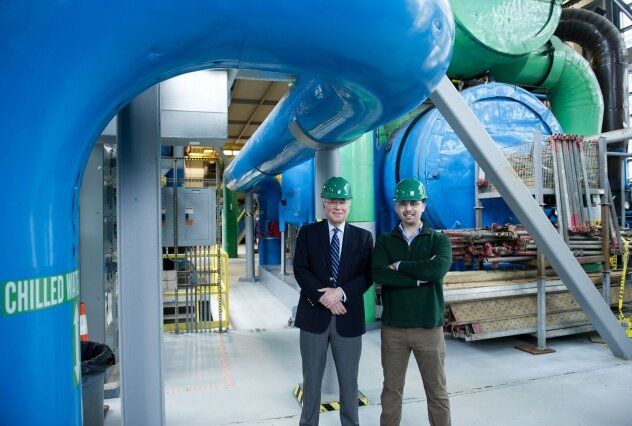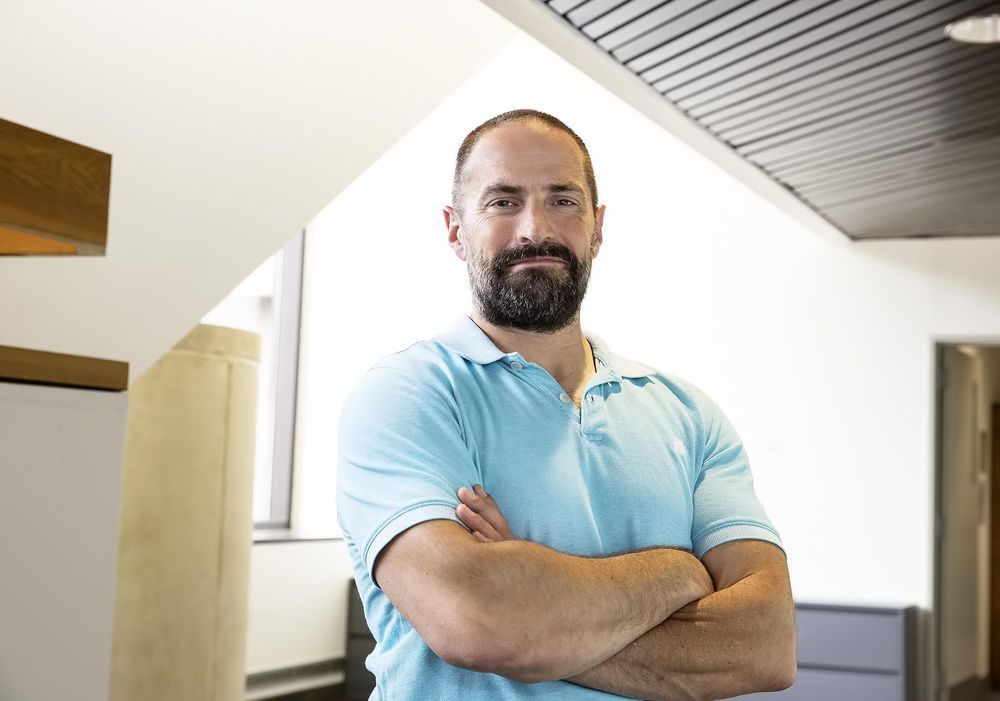At the chemical level, diamonds are no more than carbon atoms aligned in a precise, three-dimensional (3D) crystal lattice. However, even a seemingly flawless diamond contains defects: spots in that lattice where a carbon atom is missing or has been replaced by something else. Some of these defects are highly desirable; they trap individual electrons that can absorb or emit light, causing the various colors found in diamond gemstones and, more importantly, creating a platform for diverse quantum technologies for advanced computing, secure communication and precision sensing.
Quantum technologies are based on units of quantum information known as “qubits.” The spin of electrons are prime candidates to serve as qubits; unlike binary computing systems where data takes the form of only 0s or 1s, electron spin can represent information as 0, 1, or both simultaneously in a quantum superposition. Qubits from diamonds are of particular interest to quantum scientists because their quantum-mechanical properties, including superposition, exist at room temperature, unlike many other potential quantum resources.
The practical challenge of collecting information from a single atom deep inside a crystal is a daunting one, however. Penn Engineers addressed this problem in a recent study in which they devised a way to pattern the surface of a diamond that makes it easier to collect light from the defects inside. Called a metalens, this surface structure contains nanoscale features that bend and focus the light emitted by the defects, despite being effectively flat.









